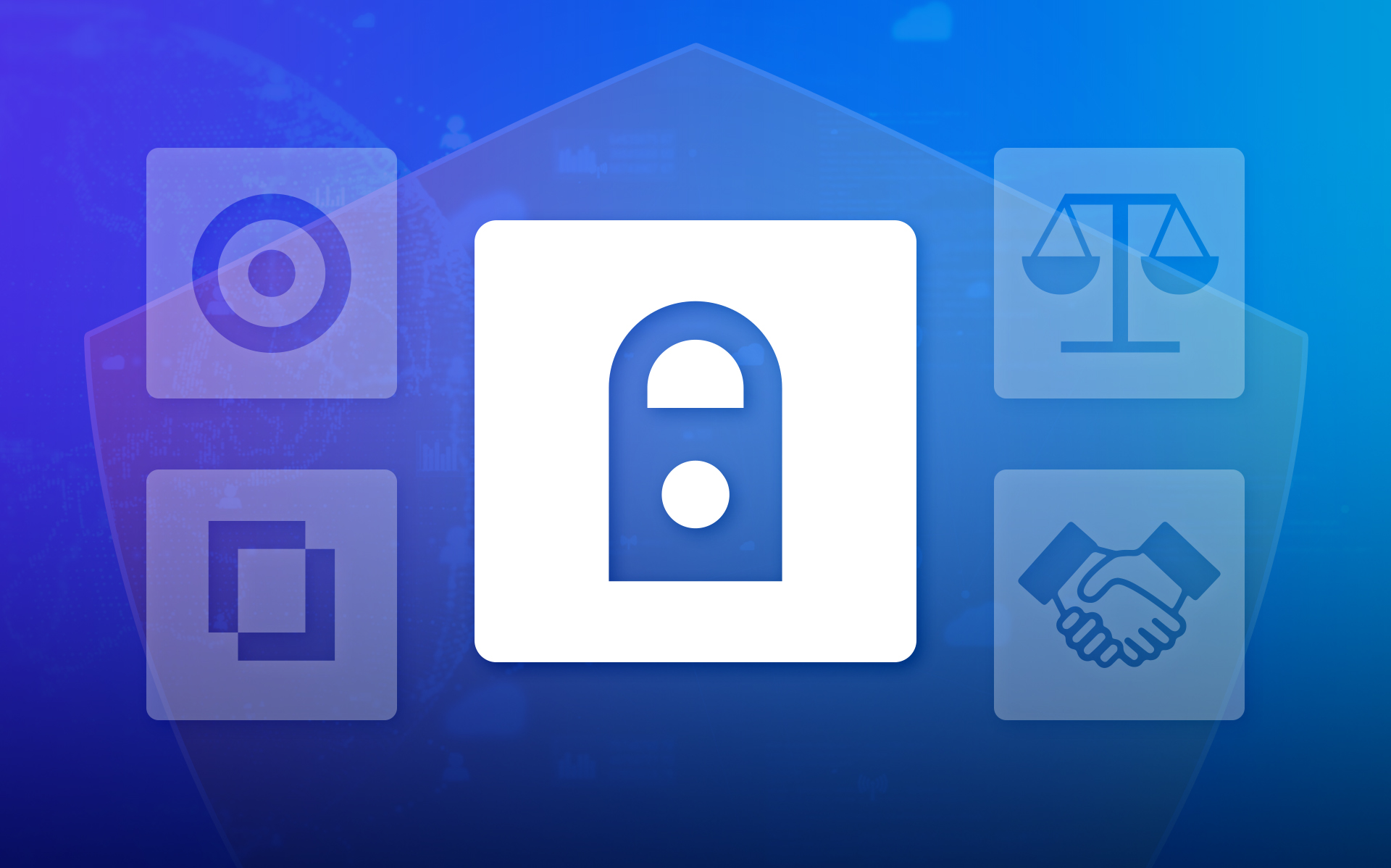As the world becomes more digital and data-centric, we’re all experiencing the increasing benefits of being more connected to each other and the businesses around us. Unfortunately, with this connectedness comes greater risks for data privacy breaches. Data Privacy Week on January 23 – 27 is an ideal time to bring awareness to the dangers of data exploitation and how businesses can enhance their security practices to minimize these risks.
If your organization deals with customer data — and chances are it does on a daily basis — then protecting this data should be one of your top priorities. Maintaining data security is not just an ethical business practice, but also a fundamental tenet of data stewardship. In fact, being a good steward of data must include strong security measures to protect the information you collect.
What is data stewardship?
Data stewardship is a mindset that your entire organization should take to guide all your data collection and management processes. While many organizations act as if they own the data that is entrusted to them, data stewardship calls for us all to take special care of this data at each step of its journey within our care. With this mindset, organizations can address data privacy concerns of consumers and comply with the complex regulations designed to keep sensitive data safe.
The role security plays in data stewardship
Data stewardship includes five key tenets — lawfulness, fairness, transparency, relevancy, and security. While data stewardship best practices involve incorporating all five of these tenets, security plays a larger, more direct role in your organization being a good steward of data.
Security is the foundation of good data stewardship practices. From privacy policies and procedures to security audits and team training, security is woven into every core tenet of data stewardship. Your organization has the responsibility to maintain data security the moment this information is collected and while it is managed and used within your organization. Security extends beyond your business, too. Your security practices should guide how you select third-party vendors that will have access to data affiliated with your organization.
Practicing good data stewardship and security means:
- Complying with data privacy regulations that apply to your organization
- Minimizing data access to only individuals who need it to do their jobs
- Collecting only necessary data and deleting it once it’s no longer needed
- Regularly providing security awareness training for your team
- Partnering only with vendors that maintain robust security practices
How FormAssembly helps promote data security
When collecting personal data, there will always be some level of risk. The goal of data stewardship is to help minimize this risk by improving security, limiting vulnerabilities, and keeping your team aware. At FormAssembly, we believe data stewardship should be the proactive approach that every organization takes when collecting, processing, and managing data.
We have taken considerable steps to ensure that our data collection platform has the most robust data security and compliance standards for our customers. Our security standards adhere to both national and international data privacy laws, including HIPAA, GDPR, GLBA, and more. Our organization is also PCI DSS Level 1 Certified, SOC 2 Type 2 certified, and maintains FedRAMP Ready status. Customers trust our platform to help securely and compliantly collect data, so they can improve their own data stewardship practices.
Learn more about the importance of data security and good data stewardship practices while collecting data in our eBook, 5 Steps to Implement Data Stewardship at Your Organization.



